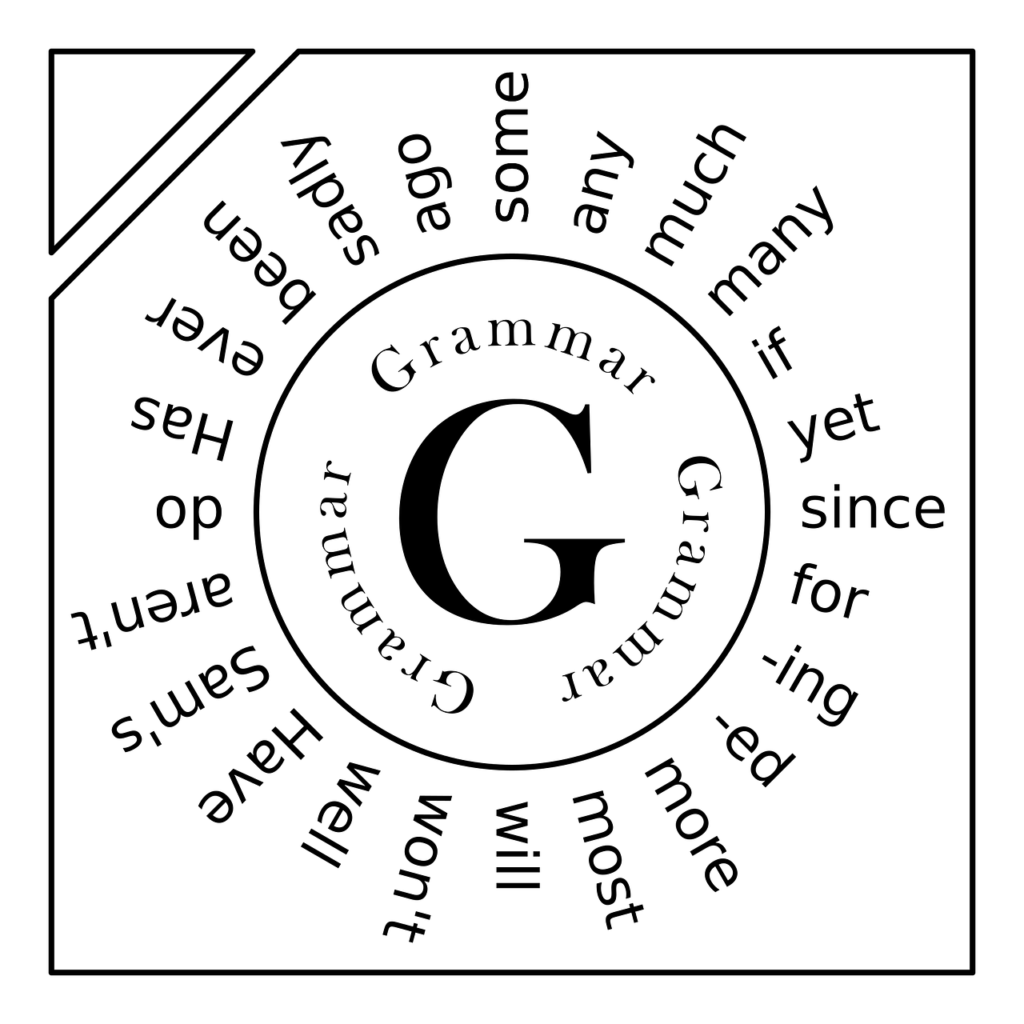Verbs And Adverbs
Verbs A verb is a word that describes an action, occurrence, or state of being. Verbs are essential because they express what the subject of a sentence is doing or what is happening to the subject. Types of Verbs Verb Tenses Verbs can change form to indicate the time of the action or state. The […]



